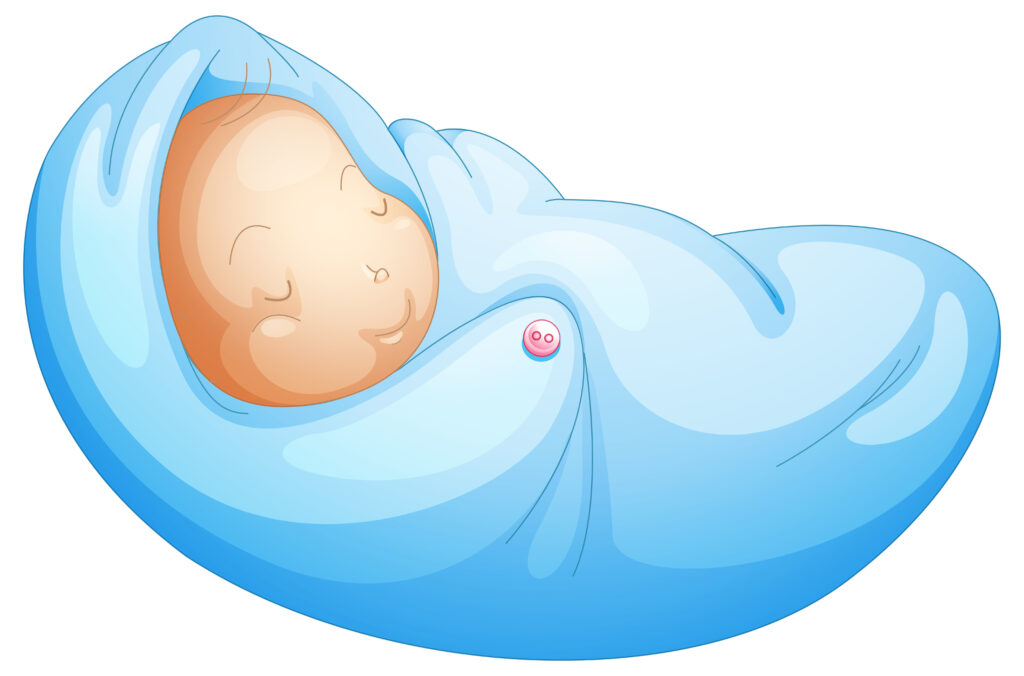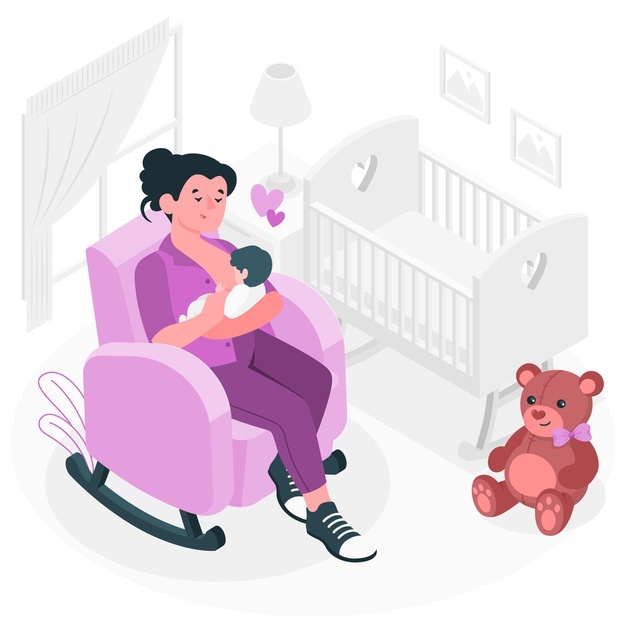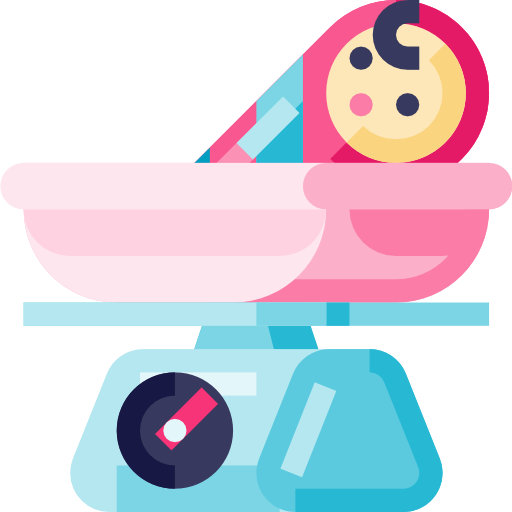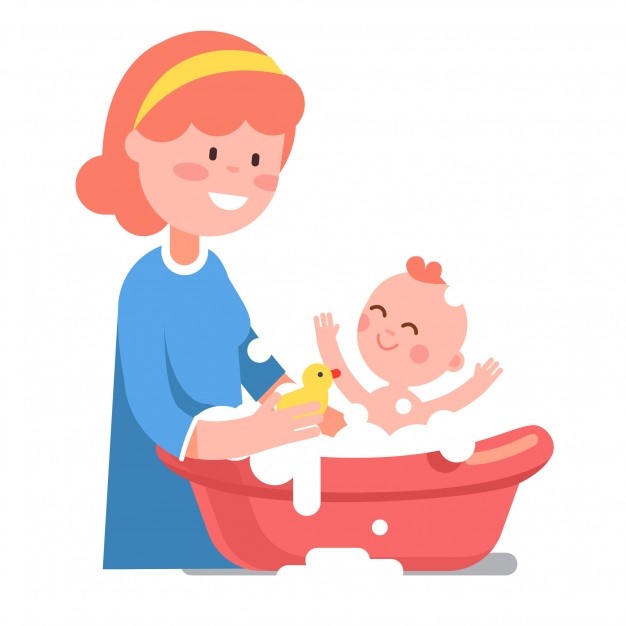CARE OF A NEWBORN BABY AT HOME
Dr Padmesh Vadakepat, DM Neonatology
Consultant Neonatologist

Parents are often anxious about taking care of newborn babies, and have a lot of doubts. All mothers are counselled by expert Neonatologists in Ahalia Women and Children’s Hospital, before discharge regarding the Do’s and Don’ts.
Some of the points to be remembered are:
a. Warmth: All babies should be kept warm. Babies should not be placed directly under the fan. Air conditioning can be used at 26-27 deg C. Bluish discoloration of palms and soles (peripheral cyanosis) suggests that the baby is exposed to excessive cold environment. [Note: Lips and tongue also becoming blue (central cyanosis) is an indication of underlying heart/lung disease, and the baby should be immediately taken to hospital]
b. Exposure to sunlight: Though it is an old tradition to expose babies to warm sunlight, it is no longer recommended, as there are risks of skin burns. Hence exposure to sunlight is not advised.

c. Breast feeding: All babies should be exclusively breastfed till 6 months of age. Even water should not be given to babies till 6 months. Gripe water, vayambu etc should be avoided.

d. Weight gain: A baby should gain about 30 grams every day in the first 1 month of age. Inadequate weight gain may suggest improper feeding techniques, or rarely inadequate milk secretion.

e. Bath: Babies can be bathed in lukewarm water after discharge from hospital, provided the baby weighs at least 2.5 kg. Oil massage can be done with coconut oil or olive oil. (Note: Vegetable oils are better than baby oils which are mineral oils). Mild baby soaps or Syndets (Synthetic detergents) can be used. Nothing should be applied on the umbilicus before or after bath. Powder should not be applied on the baby after bath. Nothing should be instilled into the nose/ears. Air should not be blown into the ears after bath. Daily bath is not mandatory in newborn babies. Care should also be taken that baby are not exposed to cold environment for a long time.

f. Umbilical care: Umbilical cord falls off in the 1st week in some babies, while it may take up to 3 weeks in some. If umbilical cord does not fall even after 3 weeks, a doctor should be consulted. After the umbilical cord falls off, there may be a mild yellowish wetness in the umbilicus- this is normal, and requires no treatment. Nothing should be applied on the umbilicus (ointment/powder/oil etc) after cord falls off. Mild tinge of blood may be seen till 2-3 weeks after the umbilical cord falls off- this is also normal.
g. Urine: Babies should pass colourless urine at least 6-8 times a day. If less, it suggests that baby might not be getting adequate feeds. It is normal for a baby to cry before passing urine.
h. Stools: Some babies pass stools after each feed (gastro-colic reflex), while some babies may not pass stools for 5-7 days at a stretch (due to lack of fibre content in breast milk)- both conditions are normal. Occasionally stools are green in colour- this is also normal.
i. Eyes: Mild yellow discoloration of eyes (jaundice) can persist up to 2 weeks normally. Watery discharge is also commonly seen in eyes of newborns. If eye discharge is thick, it may be because of obstructed nasolacrimal duct, and hence massage is advised to relieve the block. Breastmilk must not be instilled into baby’s eyes.
j. Ears: Ear buds should not be used to clean the inside of the ears of babies. Nothing should be instilled inside the ears. It should be noted that the practice of blowing into ears after bath can damage the tympanic membrane.
k. Nasal block: Nasal block is very common in newborn babies. Treatment is simple- Nasal saline drops are sufficient to relieve the block.
l. Skin care: No cosmetics should be applied on the skin. Powders are not recommended. Rashes are very common during newborn period. Fortunately, most rashes are self-limiting, without need for treatment.
m. Feeding cues: When hungry, babies take their hands to the mouth, show chewing movements, may turn their heads to one side as if searching. Mothers should understand the feeding cues and feed accordingly.
n. Hospital review: Review at 1-2 weeks after birth is important, to check for normal weight gain, and to detect any problems that need evaluation- like heart murmurs (which may not be apparent at birth).
